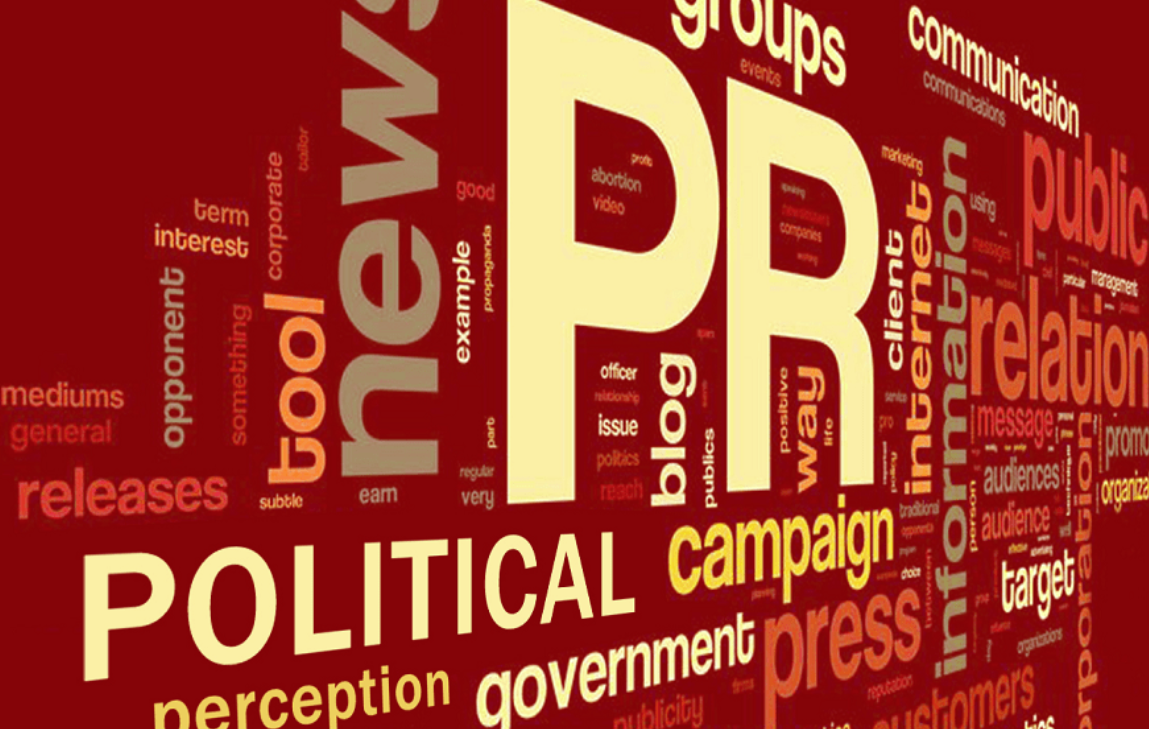


Crisis Management Lessons Learned From the 2020 Political Scene That Can Apply To Any Organization
Arthur Solomon, a former journalist, was a senior VP/senior counselor at Burson-Marsteller. In the past, we’ve found him to be an astute observer of the scene. Here, he offers advice aimed at public relations firms, but also applicable to any professional service firm, nonprofit, government agency or company. Of course, Art’s opinions, written for CommPro, are his own and not necessarily those of Hennes Communications. Art, take it away:
My first job in public relations was with a political agency, where I worked on local, statewide and presidential campaigns. There were many lessons from my campaign days that I have been using on none political accounts ever since. Today, because of the continuous coverage of political news on cable TV, those lessons are available to anyone who pays attention, and I have always told people who reported to me that valuable PR lessons can be learned from the political scenes.
As in the past, the 2020 political scene offered a master class in do’s and don’ts that can be applied to agency life. As we approach the inauguration of a new president, here are some of the most important lessons from the campaign (and a few from previous campaigns) that elected Joe Biden.
- For years, President Trump disparaged the U.S. intelligence services and NATO. But during his speech explaining why he ordered the killing of Iran General Qasem Soleimani the president said he based the attack on intelligence reports and also asked NATO to help in the mid-East. Lesson to Remember: Ours is a business where individuals vie for the same promotions and jealousies regarding others advancements are not uncommon. Nevertheless, never bad mouth your competitors. As the Trump speech showed, you never now when you will need their help.
- For the media trainers reading this, a suggestion: Use President Trump’s prepared statements and q and a sessions with the media as examples of what a client should not do in press sessions. Because of his record of lying, immediately after the president has concluded his remarks, reporters point out his latest falsehoods. Lesson to Remember: No matter how significant a client’s title, lies will be called out. And in the future, whatever is said will be greeted by the media with skepticism.
- Client relationships are the most important aspect of account handling. An important lesson used by Rep. Nancy Pelosi, during her standoff with GOP Sen. Mitch McConnell, about when to deliver the impeachment charges to the Senate, is easily transferred to every type of account. If a client suggests doing something that you believe is wrong, don’t automatically agree with the suggestion. Tell the client why you feel it is wrong. Of course, if the client insists you have no choice but to comply, as long as it is not illegal and will not destroy your reputation with the media by disseminating false information. Lesson to Remember: When disagreeing with a client’s suggestion, always do so with alternative suggestions that meets the client’s wants.
- The New York Times, in its January 6 edition, printed a tweet from Rep. Kevin McCarthy, the House Republican leader, saying, “While Democrats are trying to remove President Trump from office, the President is focused on removing terrorists from the face of the earth.” The Democrats responded by saying the matters were not related and that the impeachment process could continue during a debate on Trump’s foreign policy. Lesson to Remember: If you are defending a client with a PR crisis, always expect negative tweets. The savvy PR practitioner should have crafted a series of responses as soon as the crisis developed that can be used as a retort.
- Be flexible. Despite saying that an impeachment must have bipartisan support, Democrats said the situation had changed and went ahead with their inquiries. Lesson to Remember: Even approved client programs should always be considered an interim draft. If situations change, tactics and elements of the program should be revised.
For the rest, please click here.